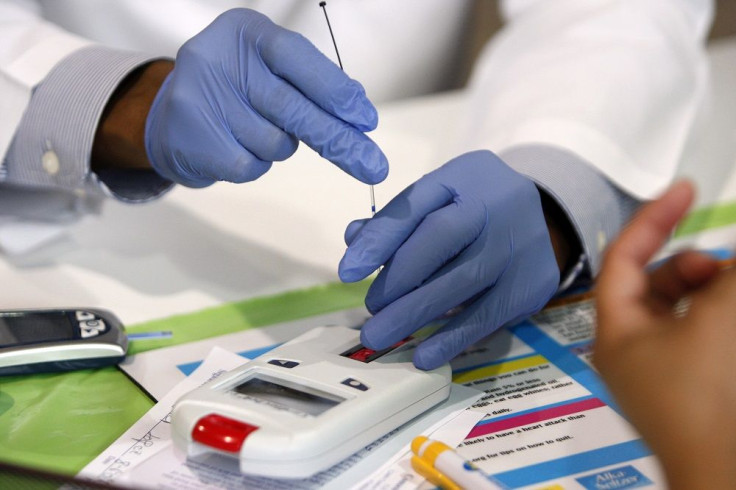Bad cholesterol down 83% in clinical trial of The Medicine’s experimental drug

An ongoing Phase 1 clinical trial of an experimental cholesterol drug, ALN-PCSsc, by The Medicines Co and Alnylam Pharmaceuticals lowered bad cholesterol by 83 percent. The medication, compared with anti-PCSK9 MAbs, block a gene related to high cholesterol.
However, the study had only 69 patients and focused on safety. While acknowledging the clinical trials are not that big to test the medication’s effectiveness, the pharmaceutical firms said the study published data from previous research and not “on a head-to-head basis with competing treatments,” reports Fox. The lowered cholesterol was maintained for more than 140 days.
The two tested their experimental drug against a class of biotechnology-based medication that also lower cholesterol levels. In that category are Praluent, sold by Regeneron Pharmaceuticals and Sanofi, and Repatha, sold by Amgen.
News of the results boosted Medicines’s share by 17.8 percent, or $5.98, to $39.62. With this positive development, the two companies plan to move Phase 2 clinical development by the end of 2015 and phase 3 by the end of 2017 with larger number of patients and focusing on the medication’s potential effectiveness.
Meanwhile, a new study found a way to lower blood pressure the natural way. The research confirms that what the Spanish people do, siesta or the midday nap, helps the heart.
The study, presented at the European Society of Cardiology Congress on Saturday, had 200 men and 186 women with arterial hypertension and average age of 61.4. Sleeping at midday lowered their average 24-hou ambulatory systolic BP by five percent. When awake, average systolic BP was lower by four percent and when asleep by six percent, reports Fox.
Explaining the result of the research, Asklepieion Voula General Hospital cardiologist Dr Manolis Kallistrates said in a statement, “Although the mean BP decrease seems low, it has to be mentioned that reductions as small as 2 mmHg in systolic blood pressure can reduce the risk of cardiovascular events by up to 10 percent.”
Contact the writer at feedback@ibtimes.com.au or tell us what you think below




















